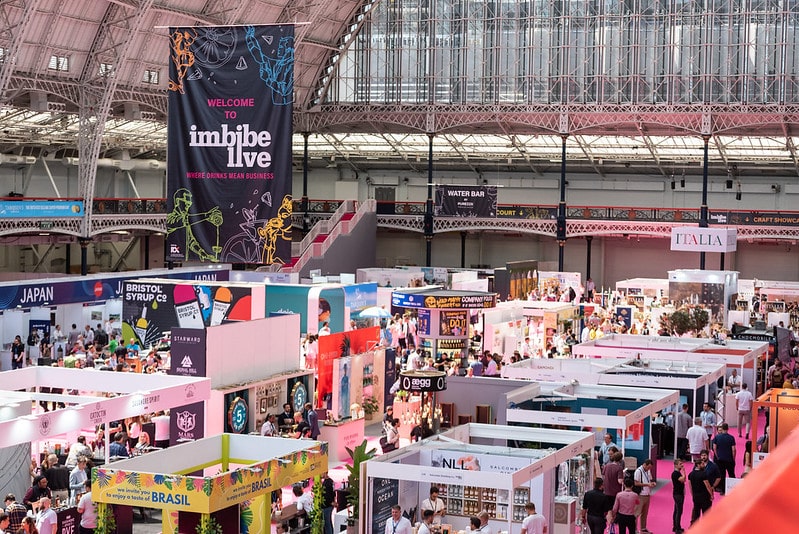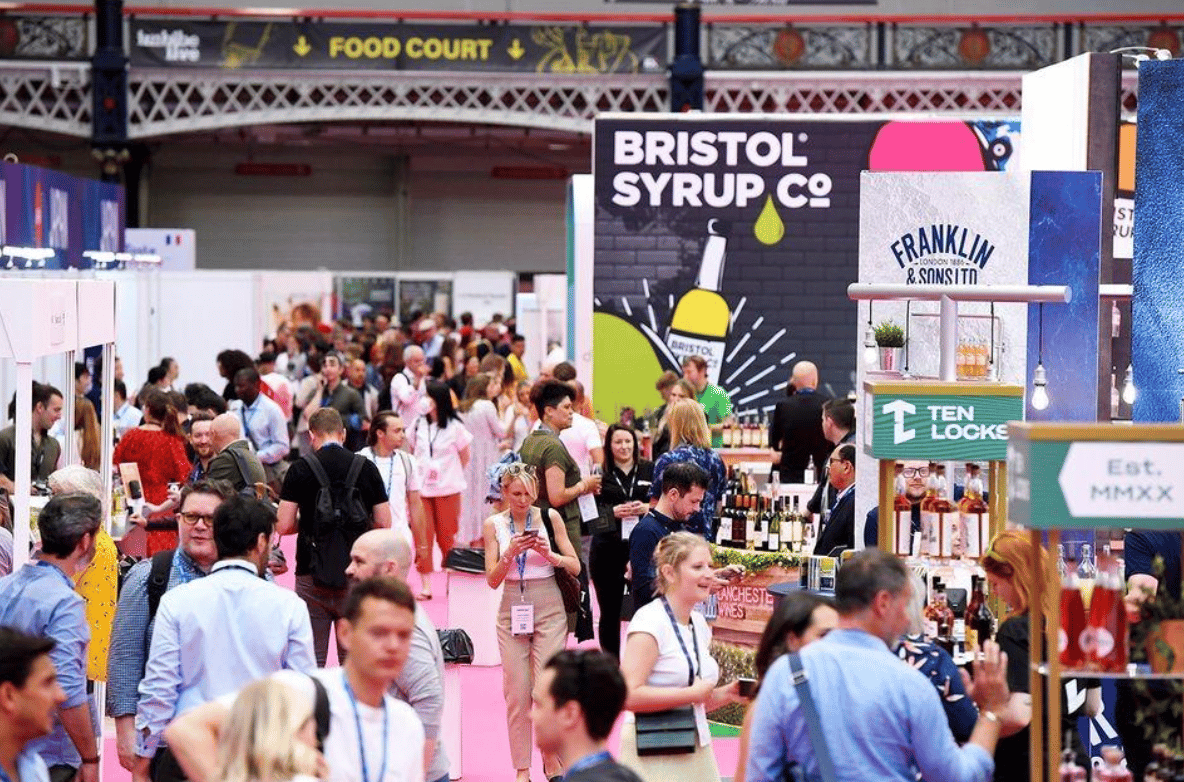This year, the fabled pink carpets of Imbibe Live were once again rolled out to welcome the drinks industry to the heart of London.
In previous years, this was the opportunity for the ‘big boys’ to launch exciting, otherworldly innovations, and influence the direction of consumer trends for the year ahead.
However, 2022 was dominated by stand-after-stand of independent brands desperately attempting to meet the expectations of the increasingly demanding new wave of consumers.
Gone were the eccentric, ground-breaking innovations, and in poured the safe bets, the premiumised offerings, the sustainability claims, and the promise of being more than just a great drop.
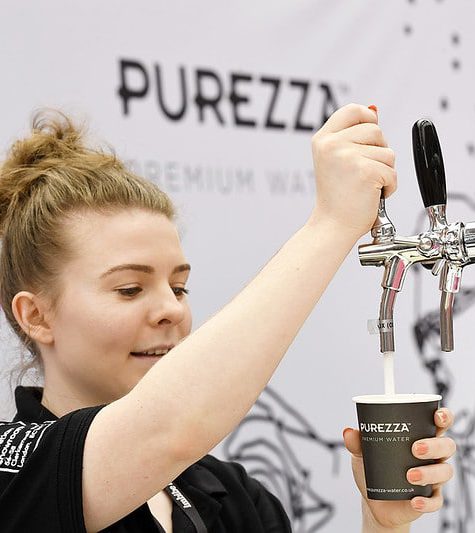
What makes you premium?
‘Premiumisation’ is still very much the buzz word on brands’ lips. We hear it almost every day from our clients, and walking around Imbibe, you would be forgiven for thinking ‘premium’ was a requirement to exhibit.
But, when asked “what makes you premium?”, the list of RTBs would more often than not point out that their “process/ingredients/bottle is sustainable”. Sustainability is no longer an afterthought but, an intrinsic part of what it means to be a progressive, modern brand. It is built into the heart of brands’ proposition and fundamental to their premium/premiumised positioning.
From spirits to RTDs, to cocktails on tap, wine, and even water (!), sustainability is being brewed, distilled, and fermented into premium brands. And this is putting the catch-all nature of the term to the test. If brands are going to position themselves as premium through their sustainability claims, it is going to be the brands that can best communicate a coherent connection between the sustainable actions, the liquid, and the brand itself, which are going to stand out in this hyper-competitive marketplace.
Connecting Sustainability Actions
For us, the mental connection between sustainability and the premium brand is so important for creating richer brands in this space. At Imbibe, we saw two equally proactive rum brands drawing on their sustainable actions to demand a premium positioning, with different levels of success.
‘The Public Spirit’ is a NTW independent rum brand making a social sustainability play, donating four meals to food poverty charities for every 1 x 70cl bottle purchased. Though fantastic work, the mental connection to take you from the world of rum to the world of food (not least the lack of food!), is a bit of stretch.
Especially when you compare it with ‘Neptune Rum’s’ commitment to cleaning the oceans. This feels far more logical as you step from rum, on to the Caribbean beaches and paddle along the shoreline with a tiki cocktail in hand, and find yourself tiptoeing through awash of plastic bottles, straws, and bobbing soda cans.
But both brands are offering tangible action. They’ve given themselves some grand ambitions and they are backing them up, following them through, and taking a proactive stance when it comes to protecting the planet and supporting people; with 85% of consumers around the world claiming they’ve shifted their buying habits to become more sustainable since 20161, this kind of proactiveness is particularly encouraging to the younger generations and the eco-conscious amongst us.
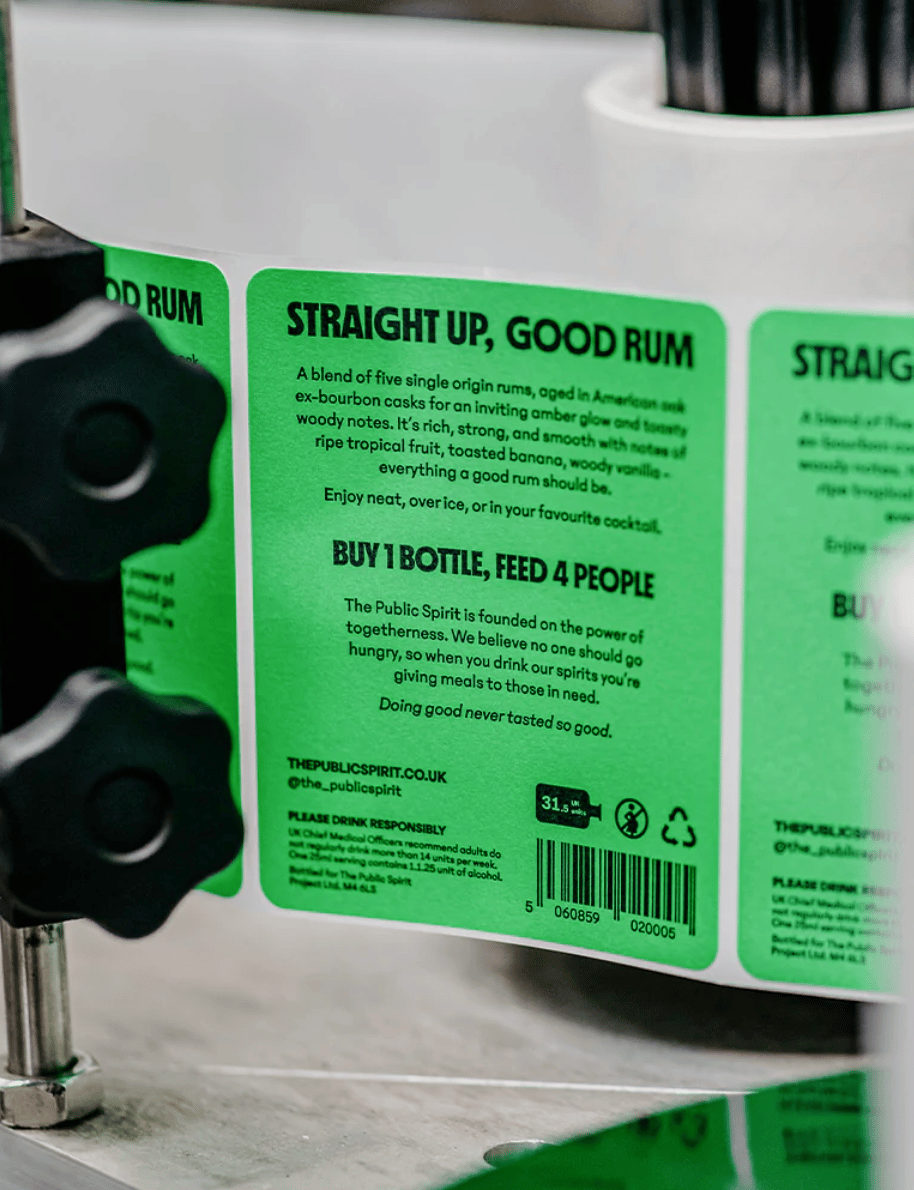
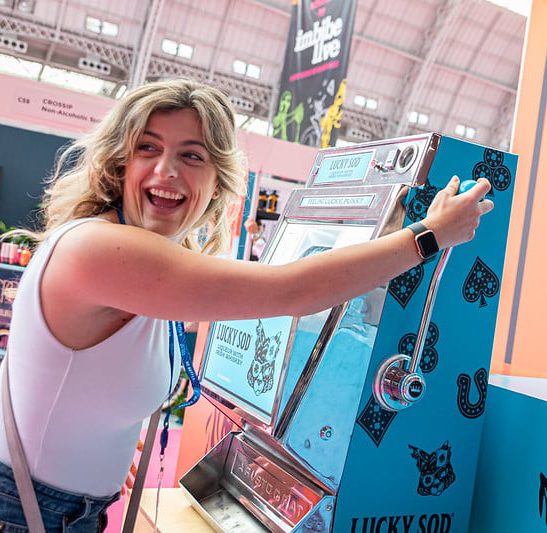
Experiencing More
Forcing consumers to think about the impact of their drinking choices on the environment and local communities, as they are grabbing a quick pint with friends or relaxing at happy hour with an Aperol seems like a lot to ask…
However, consumers are thinking more critically about their drinking habits in a post lockdown environment. Fundamentally, expectations for drinks are rising – whether from an eco-perspective or when it comes to quality, serve, flavour or experience. People are going out less but spending (and expecting) more when they do – especially in the face of the rising cost of living. They are streamlining their time spent in the on-trade, to moments that are truly worthwhile and exclusive to being out-and-about.
Cue the fervent rise of the opportunity to hurl an axe while sipping a Martini, or swing a 9-iron while swigging a rosé.
When the cost of a freshly poured pint equates to a 6-pack from the cornershop, as Paul Bolton (GB Drinks) explained in his Industry Matters talk (‘Drink Tank: The Future’), the on-trade is understandably looking to dial up experience to the max.
Being a premium brand that does good is important, sure. Being a premium brand that relevantly connects action, liquid, and brand is crucial, no doubt. But to actually be purchased, brands need to position themselves in experiential environments. So for us, considering how brands can deliver in these sensorially fuelled spaces and fit into larger social occasions is going to be the unlock for future successful brands.
The Future for Drinks Brands…
Imbibe is of course industry focused, but especially after experiencing trade-closing events recently, considering the 6-pack at home is just as important as the freshly poured pint.
How brands play across this binary divide is an essential consideration. For the many independent brands exhibiting at Imbibe, this has meant a renewed focus on delivering high quality, sustainability orientated products.
The next stage is to add the excitement back into the world of drinks and create experiential brands that not only meet, but exceed the expectations of consumers.
To learn more about trends in the drinks industry sign up to our event in September, where we will hear from innovation leaders at Diageo and Carlsberg on how to harness trends and make them actionable. To save your spot register here.
